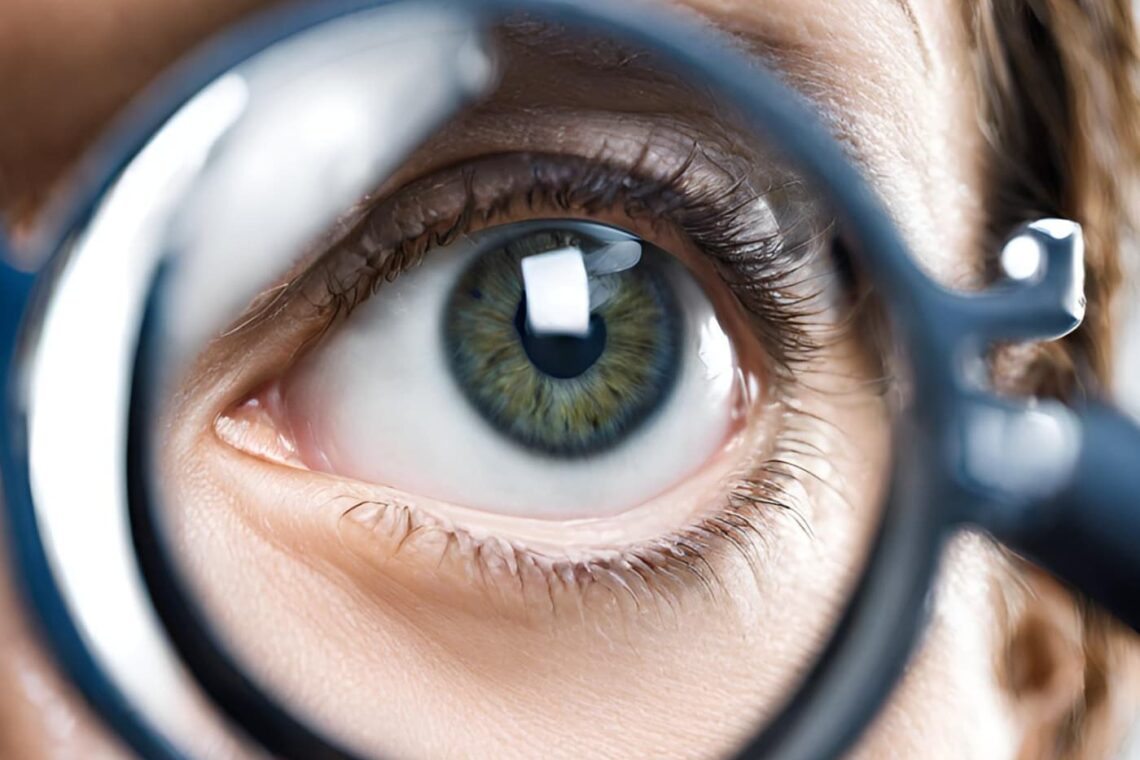Maintaining Post-Surgery Eye Health: Tips for a Lifetime of Clear Vision
Undergoing eye surgery to correct your vision opens a world of possibilities, freeing you from the constraints of glasses or contact lenses. In this guide, we will delve into the aspects of maintaining post-surgery eye health, covering everything from preparation and compliance with surgeon’s instructions to protective measures against UV exposure, practical dietary choices and the role of a healthy lifestyle. Additionally, we will discuss how much does laser eye surgery cost 2023 and the potential coverage by insurance.
Preparing for Eye Surgery
Before you step into the operating room, thorough preparation is key to a successful outcome. Start with comprehensive pre-surgery consultations, which include a detailed eye examination to assess your suitability for the procedure. This is also the right time to delve into practical matters, such as asking your insurance provider: is LASIK covered by insurance? Gaining clarity on these financial aspects early on can help you plan your budget effectively.
Preparing for eye surgery involves more than just financial considerations. It’s about understanding the entire process and being mentally and physically ready for the transformative experience that awaits you. Your surgeon will walk you through the steps, addressing any concerns you might have.
Following Your Surgeon’s Instructions
After the surgery is complete, the path to maintaining clear vision begins with strict adherence to your surgeon’s post-operative instructions. These instructions often include the use of prescribed eye drops, the consistent wearing of protective eyewear, and the avoidance of activities that could strain your eyes. Though these guidelines may seem simple, they play a pivotal role in preventing complications and ensuring a successful outcome.
In addition to these post-surgery precautions, it’s crucial to understand what to expect during the recovery period. Your surgeon will provide a detailed timeline for your recovery, including when you can resume normal activities and when you should avoid certain behaviors. Following these instructions diligently can make a significant difference in the long-term success of your vision correction surgery.
Protection from UV Exposure
Post-surgery, your eyes become more sensitive to UV radiation. To safeguard them from potential harm, investing in quality sunglasses offering UV protection is a wise move. Not only does this protect against short-term discomfort, but it also shields against long-term damage that can threaten your newfound visual clarity.
Exposure to UV radiation is a risk factor for various eye conditions, including cataracts and age-related macular degeneration. By wearing UV-protective sunglasses, you not only protect your vision but also reduce the risk of developing these sight-threatening conditions in the future.
Hydration and Healthy Diet
Hydration and nutrition play vital roles in maintaining eye health. Dehydration can lead to dry eyes, causing discomfort and impacting your vision. A balanced diet rich in vitamins and antioxidants, such as vitamin A and omega-3 fatty acids, supports overall eye health. Incorporating foods like carrots, leafy greens, and fish into your diet can promote clear vision.
Staying well-hydrated also helps maintain the moisture balance of your eyes, reducing the risk of dryness and irritation. Drinking an adequate amount of water each day is a simple yet effective way to support your post-surgery eye health.
Avoiding Eye Strain
In today’s digital age, eye strain is a common concern, particularly for those spending extended hours in front of screens. To protect your vision post-surgery, adopt the 20-20-20 rule: every 20 minutes, take a 20-second break to gaze at something 20 feet away. This simple practice can help alleviate eye strain, ensuring your vision remains clear and comfortable.
It’s important to recognize that prolonged periods of screen time can contribute to digital eye strain, also known as computer vision syndrome. Symptoms include dry eyes, headaches, and blurry vision. By incorporating regular breaks and following the 20-20-20 rule, you can minimize the risk of digital eye strain and maintain your visual clarity.
Regular Eye Check-Ups
Routine check-ups with your eye surgeon are essential to monitor your eye health post-surgery. These appointments enable early detection of potential issues that may arise. It’s noteworthy that some insurance plans cover these follow-up visits, ensuring that you can address any concerns promptly.
Regular eye check-ups are not only about assessing the outcome of your surgery but also about monitoring your overall eye health. Your surgeon will evaluate factors such as your corneal health, intraocular pressure, and the stability of your vision correction. These assessments are crucial for detecting and addressing any potential complications in their early stages, ensuring that your vision remains clear and comfortable.
Leading a Healthy Lifestyle
A holistic approach to maintaining clear vision encompasses leading a healthy lifestyle. Regular exercise, stress management, and quality sleep can positively impact your eye health. Exercise enhances blood circulation to the eyes, reducing the risk of conditions like glaucoma. Stress management techniques, like meditation, can alleviate eye strain. Additionally, getting adequate sleep ensures your eyes rest and recover, further contributing to lasting visual clarity.
Physical activity, such as brisk walking or swimming, can have a positive impact on eye health. Exercise improves blood flow to the eyes, which can help nourish the cornea and reduce the risk of conditions like glaucoma. Stress management techniques, such as meditation or deep breathing exercises, can help alleviate eye strain caused by prolonged periods of focus, such as reading or working on a computer. Finally, quality sleep is essential for overall eye health. During sleep, your eyes rest and recover from the day’s activities, helping to maintain optimal vision.
Being Prepared for Any Changes
It’s important to understand that minor fluctuations in vision post-surgery are normal. These fluctuations may require minor adjustments, and your surgeon can guide you through the process. Fortunately, some insurance plans also cover enhancements or touch-up procedures, providing peace of mind in case further correction is needed to maintain your clear vision.
Vision correction surgery is a highly effective way to improve your vision and reduce your reliance on glasses or contact lenses. However, it’s essential to recognize that individual responses to surgery can vary. Some individuals may experience minor changes in their vision, which can be addressed through enhancements or touch-up procedures. These enhancements are typically safe and can help you achieve your desired visual outcome.
Conclusion
In your pursuit of a lifetime of clear vision, post-surgery care stands as a crucial pillar. By embracing these comprehensive tips and practices, you can safeguard the clarity achieved through eye surgery. Remember, understanding how much laser eye surgery costs in 2023 and whether insurance covers it can help you make informed financial decisions. So, incorporate these practices into your daily routine and prioritize your eye health, ensuring a world filled with vivid, uninterrupted sights for years to come. Your journey to lasting visual clarity begins with these steps, ensuring that you continue to enjoy the world’s beauty without the limitations of glasses or contact lenses.


